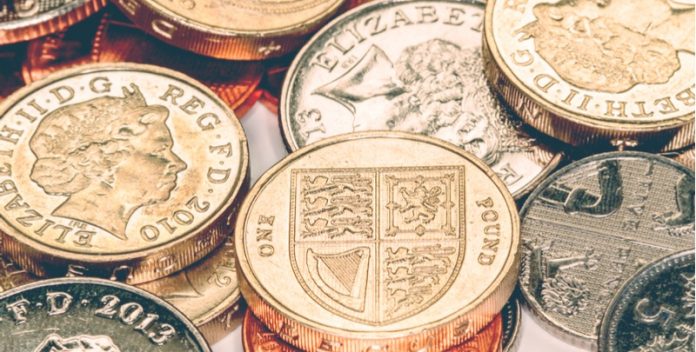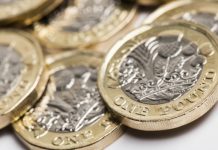The perceived riskier Australian Dollar is pushing higher versus the Pound for a second straight session on Tuesday. The Pound Australian Dollar exchange rate settled on Tuesday -0.88% lower at 1.9362 despite a broad risk off sentiment.
At 09:15 UTC, GBP/ AUD is trading an additional -0.22% lower at 1.9286, taking losses over the two days to 1%.
RBA Tapers QE
The Australian Dollar is advancing following the Reserve Bank of Australia’s hawkish interest rate decision. The RBA left interest rates unchanged at the record low level of 0.25%, as expected. Additionally, the central bank said that it was starting to taper its bond buying programme, which has totalled around $50 billion so far.
The RBA warned that the Australian economy was going through a difficult period owing to the coronavirus crisis. It expects economic output to fall by 10% in the first six months of this year and by 6% over the entire year. The RBA also expects the unemployment rate to peak at around 10%.
Australia has been relatively successful in containing the coronavirus outbreak. With 6800 cases and fewer than 100 deaths, the Australian economy is reopening. Authorities are discussing an earlier than anticipated lifting of restrictions across the country, which is also underpinning the Aussie Dollar.
UK Economy To Contract Over 7%
The Pound is trading with a negative bias versus the Australian Dollar, although advancing against some other major peers following better than expected service sector purchasing mangers’ index. The IHS/Markit service sector PMI dropped to 13.4 in April, its lowest level since the survey started in 1996 and down from 34.5 in March. The reading was just a fraction better than the initial estimate of 12.3.
The reading comes following last week’s manufacturing PMI which was similarly awful. Together the readings point to the deepest economic downturn in recent history. The readings are consistent with the economy contracting at a rate of -7% this quarter. Although analysts at IHS Markit warned that the actual decline in GDP could be much worse. This is because the service sector PMI does not include retailers, which have been the hardest hit by the lockdown measures which closed stores since 23rd March.





